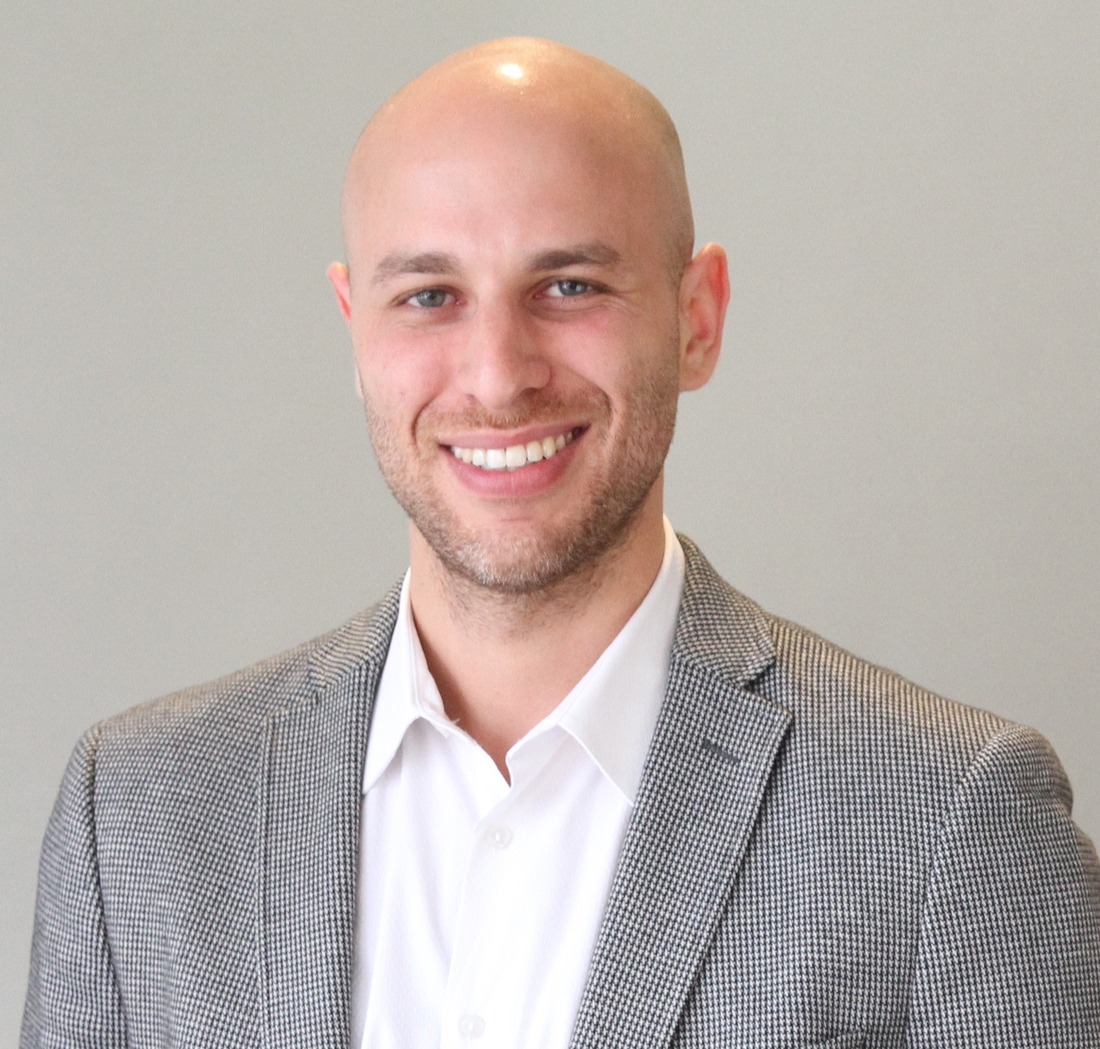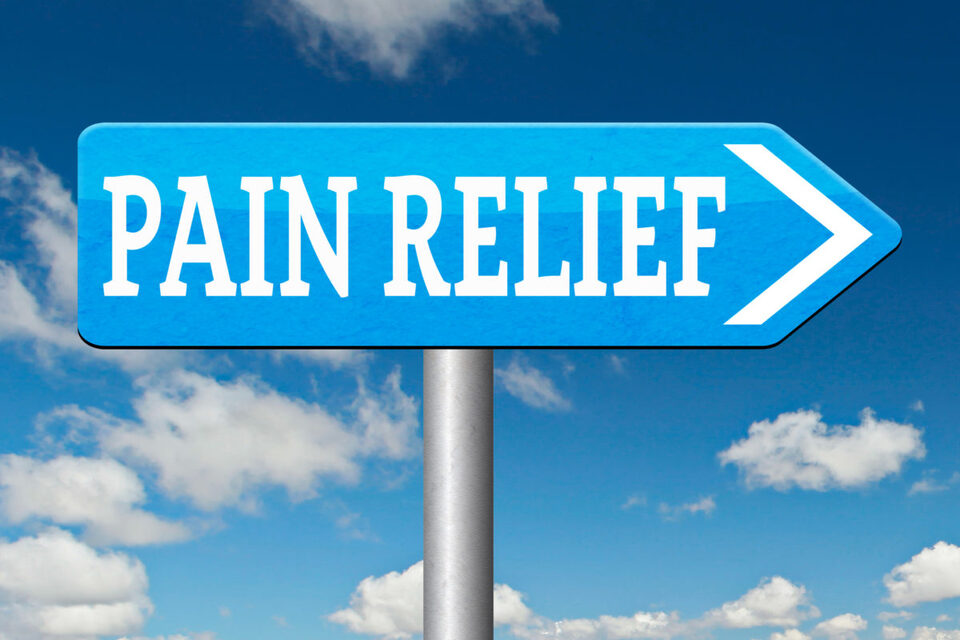
“Your pain is all in your head”
“I think you’re just depressed”
“We’ve done all of the tests, there’s nothing wrong with you”
How many people have heard this, or a similarly disempowering conclusion from their doctors? For most people with fibromyalgia (FM), it takes a substantial amount of time to receive the proper pain-related diagnosis. In part, this is because fibromyalgia is still a poorly understood condition.
Fibromyalgia Treatment Requires a Whole Person Approach
This is the first article in a series I'll be writing for the Alternative Pain Treatment Directory on a naturopathic approach to fibromyalgia symptoms. As we'll explore in this series, there are many factors that can contribute to a person dealing with fibromyalgia-related pain, including genetics, sleep, inflammation/oxidative stress, nutrition, and impaired movement among many others.
Further, it seems that fibromyalgia is one common expression of a set of pain conditions known as Chronic Overlapping Pain Conditions that includes challenges such as low back pain, migraine headache, and irritable bowel syndrome. In fact, most people who deal with long-term pain have more than one diagnosis. This means that our focus in helping people to heal from FM pain must be centered on treating them as a whole person, as opposed to someone with a specific diagnosis that can be viewed as separate from the rest of their story. In this sense, it absolutely matters how EVERY person with pain digests their food, how well they sleep, and how they move. It also means that a core focus of treatment must be helping to develop a body and brain that are resistant to pain.
Trauma is often part of the picture in fibromyalgia
Helping people to uncover what those contributors might be and to put them into a healing context is key. In order to do so effectively, it’s important to have a thorough understanding of the most influential events in our lives and the hold that they may still have over us. In particular, helping to re-integrate ourselves to traumatic events can often be instrumental in expediting the healing process. In my practice, I find that people who have unresolved mental-emotional trauma deal with pain more frequently and with more severity.
Based on existing research, it seems that up to 80% of military combat veterans with Post-Traumatic Stress Disorder (PTSD) also deal with long-term chronic pain. Early childhood trauma seems to be particularly damaging. Based on data from the 1958 British Birth Cohort Study, higher levels of traumatic stress at age 7 increased multiple measures of chronic pain at age 45. There are a lot of factors to consider here, but the effects were wide-ranging: from being in a road traffic accident at an early age to experiencing financial hardship. These factors also seemed to be impactful beyond typical measures of psychological distress or social class.
Why does trauma have such an impact on our perception of pain? Our brains are always on a mission to protect us in the best way they can. Someone who has dealt with unresolved trauma tends to have a brain and body that remain in a “fight, freeze, or flight” response. As feeling ourselves in this sort of state for anything more than a few minutes or hours is unbearable and certainly unsustainable, people with unresolved trauma that deal with pain are forced to disassociate from their bodies altogether and avoid those feelings. Research confirms that people who are suffering from fibromyalgia are particularly prone to these types of disassociation.
Avoidance Prolongs Pain and Other Fibromyalgia Symptoms
However, what if I told you that avoiding your pain is one of the biggest contributors to increasing its hold on you? This may sound like it doesn’t make sense - why would NOT wanting something to be true increase the chance that it is? Well, this was a concept that didn’t make sense to me either, until I started diving deep into the research and working with patients every day who embody this exact experience.
This concept sounds so foreign (and maybe even so provocative as to be stirring up some emotions inside you as you read this - check in with yourself to see if this may be true?) because direct avoidance of pain is an important evolutionary survival mechanism for us. As pain is a sign of threat to the body, we are primed to learn what causes it and to withdraw as quickly as we can. This works brilliantly with acute pain (you learned very quickly not to get too close to a hot stove as a child), but FAILS us when our pain is chronic. Why?
In part, this is due to something called a false-positive bias: it is safer for us to be wrong about something that seems dangerous but actually isn’t than to be wrong about something that seems safe but can actually harm us. So, we end up being on constant alert, just in case. With chronic pain, though, that alert signal never (or rarely) gets turned off. Here’s the key, though: A continual focus on wanting to get out of pain at any cost (avoidance) fuels the fire of our false-positive bias and keeps us in a constant state of alarm and increased arousal. The ironic result? Pain that won’t quit.
So, what can be done? Working with someone skilled in helping you to deal with your past is an essential start. However, approaches that bring people back to experience that trauma through conscious memories of the past event often fail to sufficiently allow the body to process that original event. Instead, exploring the bodily sensations associated with that event allows us to stop dissociating and avoiding our pain (which, as discussed, paradoxically makes it worse).
Further, any approach to treating pain MUST acknowledge the physical body as it is. Instead of neglecting our sensations in an effort to avoid them, briefly and gradually allowing ourselves to feel the bodily sensations accompanied with pain can be a very useful tool in eventually overcoming that pain. With my patients, a combination of Progressive Muscle Relaxation and Body Scan, while allowing the conscious parts of the mind to be in a relaxed state, can often be quite helpful. Doing so while feeling safe and relaxed is key as this allows the body to better communicate. Click here for instructions on how to do this exercise
Find the right team of experts to help you heal
What’s the take-away here? Anyone suffering from chronic pain as an adult should be working with a comprehensive team of healthcare providers in an effort to take their lives back from pain. This team of providers has to acknowledge the role that each person must play in healing themselves from pain. At least one provider on that team should be equipped to explore the role that the stressors of the past played in the symptoms of today. Early childhood trauma, or trauma later in life, can often be tragic, but it need not be the end of the story.
If you are dealing with fibromyalgia or another chronic pain condition and have experienced trauma, know that you’re not alone and that it’s ok to ask for help. It may just be what’s missing from your care plan.
Related articles:
The Trauma/Pain Connection and How to Heal It
Why Fear Increases Pain and How to Stop It
Find Providers:
Mind/Body Healing Practitioners
 Dr. Robert Kachko (Naturopathic Doctor, Licensed Acupuncturist) is Inner Source Health's expert in Cardiometabolic risk reduction and chronic pain. A leader in the fields of Naturopathic and Integrative Medicine, Dr. Kachko has combined the core principles of Western and Eastern approaches to care into a comprehensive biopsychosocial methodology for people dealing with chronic disease. An advocate for healthcare reform, he's the incoming President of the American Association of Naturopathic Physicians (AANP), and currently serves on the Board of Directors for the organization. A native of New York, he has also served on the Board of Directors of the New York Association of Naturopathic Physicians. Dr. Kachko is also Founder of TribeRx, a comprehensive technology-enabled solution for people dealing with chronic pain. His practice is located in Manhattan.
Dr. Robert Kachko (Naturopathic Doctor, Licensed Acupuncturist) is Inner Source Health's expert in Cardiometabolic risk reduction and chronic pain. A leader in the fields of Naturopathic and Integrative Medicine, Dr. Kachko has combined the core principles of Western and Eastern approaches to care into a comprehensive biopsychosocial methodology for people dealing with chronic disease. An advocate for healthcare reform, he's the incoming President of the American Association of Naturopathic Physicians (AANP), and currently serves on the Board of Directors for the organization. A native of New York, he has also served on the Board of Directors of the New York Association of Naturopathic Physicians. Dr. Kachko is also Founder of TribeRx, a comprehensive technology-enabled solution for people dealing with chronic pain. His practice is located in Manhattan.











Comments